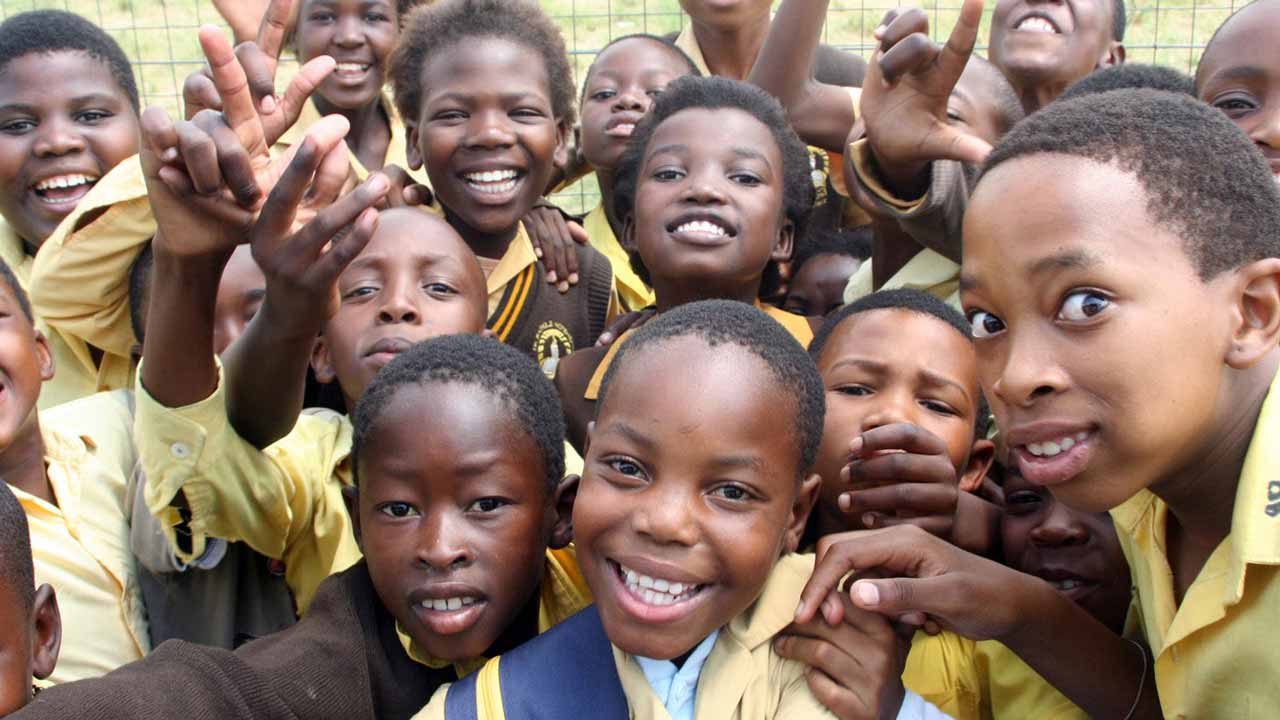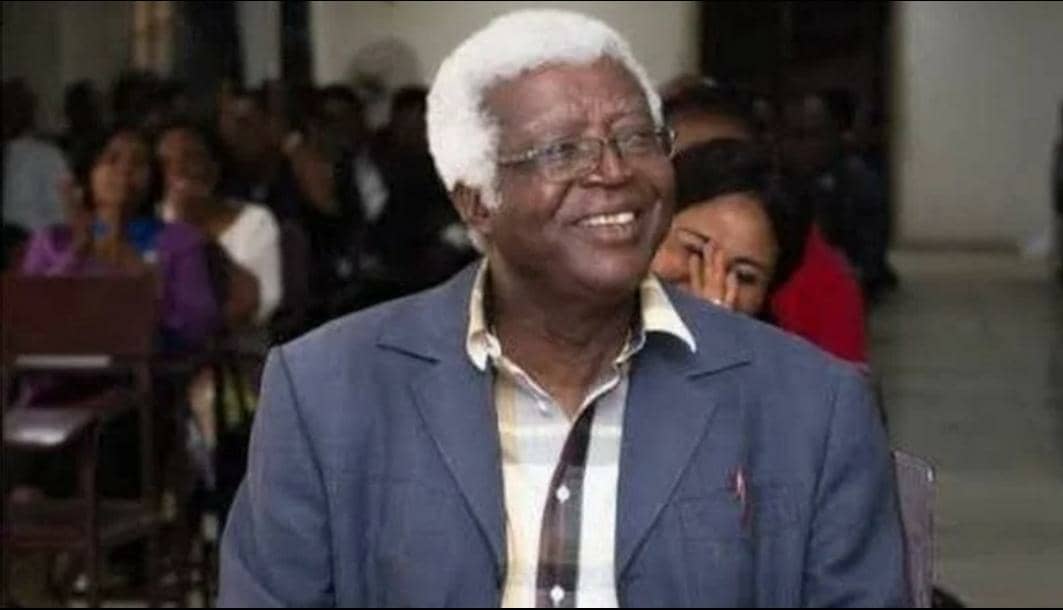PAD A GIRL PROJECT (PAGP) By Ada Ibagwa-Aka Pageant
Period poverty is a global problem affecting millions of women and girls who don’t have access to safe, hygienic menstrual products they need, and/or who are unable to manage their periods with dignity, sometimes due to community stigma and sanctions.
According to the WHO/UNICEF Joint Monitoring Programme 2012, menstrual hygiene management is defined as:
“Women and adolescent girls using clean menstrual management materials to absorb or collect menstrual blood, that can be changed in privacy as often as necessary, using soap and water for washing the body as required, and having access to safe and convenient facilities to dispose of used menstrual management materials. They understand the basic facts linked to the menstrual cycle and how to manage it with dignity and without discomfort or fear.”
In June 2021, the former Minister of Women Affairs, Pauline Tallen, disclosed that in Nigeria, over 37 million women and girls of reproductive age lack access to menstrual hygiene products due to lack of funds.
Many young women and girls in Nigeria, especially in rural areas, are struggling with menstrual hygiene management due to period poverty. This occurs when there is a lack of or inadequate access to menstrual hygiene products, including sanitary pads, and the absence of adequate information about menstrual health.
Though period poverty is a global problem, it is more prevalent in poorer countries.
Considering the increasingly high cost of menstrual products in Nigeria, that means every month, more than 37 million girls and women are unable to safely manage their periods, limiting their ability to study, work, and live their lives. While this is an unfortunate situation that has become normal in Nigeria, it still doesn’t make the situation less alarming.
On average, women and girls use one pack of eight or ten sanitary pads for each menstrual cycle, which occurs once every month. However, many indigent girls and women are forced to use unsafe products instead.
Menstrual Hygiene Management is essential to the well-being and empowerment of women and adolescent girls. On any given day, more than 300 million women worldwide are menstruating. In total, an estimated 500 million lack access to menstrual products and adequate facilities for menstrual hygiene management (MHM).
To effectively manage their menstruation, girls, and women require access to water, sanitation, and hygiene (WASH) facilities, affordable and appropriate menstrual hygiene materials (PADs), information on good practices, and a supportive environment where they can manage menstruation without embarrassment or stigma.
PROJECT OUTCOME:
– Successful training of 200 students and selected teachers (Train the Trainers), with whom we shall be working for the next phase of the project.
– The establishment of a Period Class for continuous sensitization and awareness campaigns both within the school and the host community (Ibagwa-Aka).
– Distribution of pads to all participants and donation of the same to the school.
We sincerely appreciate our partners whose contributions made this project a huge success. We also extend our gratitude to the Principal, Management, Staff, and Students of Girls Secondary School, Ibagwa-Aka, for their maximum cooperation towards the implementation of the project.
While we continue to work towards the growth of the Club and Phase 2 of the project, we solicit your support for the production of sensitization materials, reusable pads, and the construction of toilets.
DONATION RANGE FOR PADS:
N400 – 1 Pad
N2,000 – 5 Pads
N4,000 – 10 Pads
N6,000 – 15 Pads
N8,000 – 20 Pads
N12,000 – 30 Pads
Account Name: EZE PATIENCE FOUNDATION
Bank: United Bank of Africa (UBA)
Account No: 1021479260
For sponsorship and partnership call: 08068342778/0814 970 4117
www.epfnigeria.org
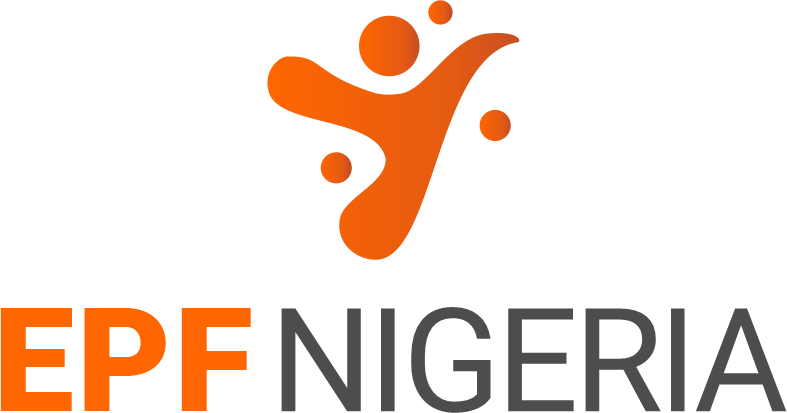
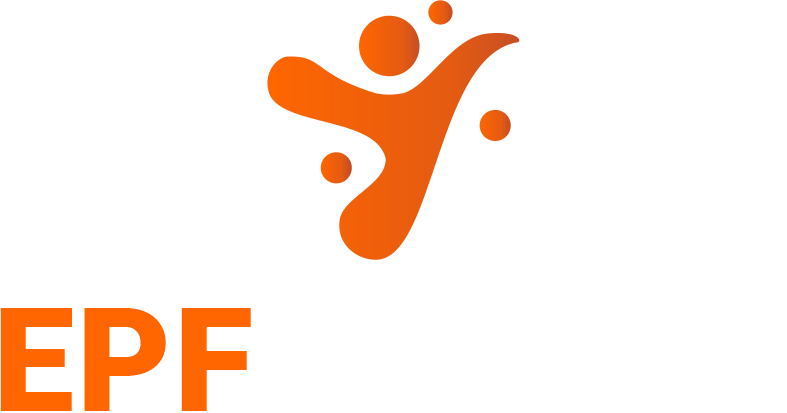

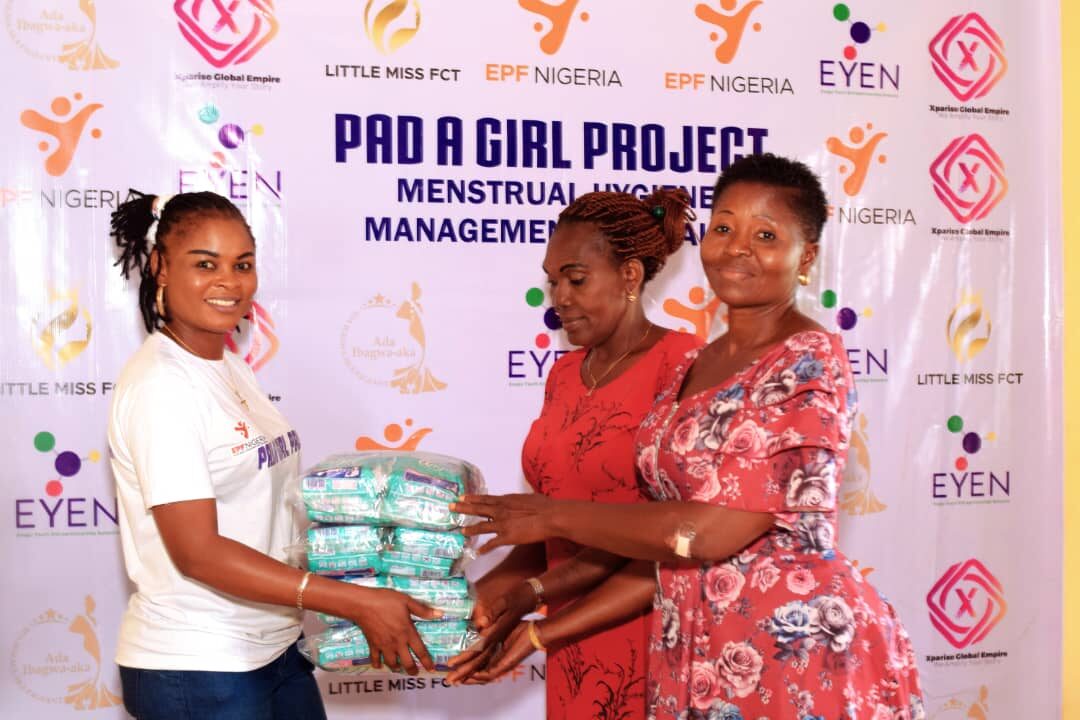
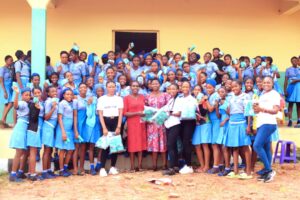
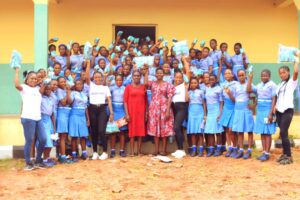
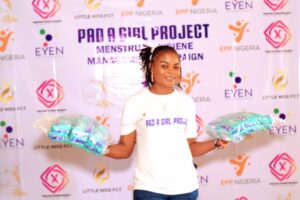
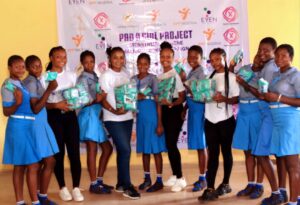
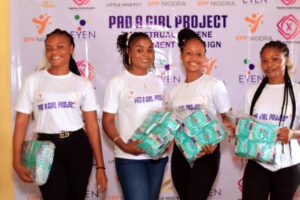
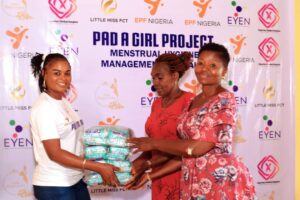
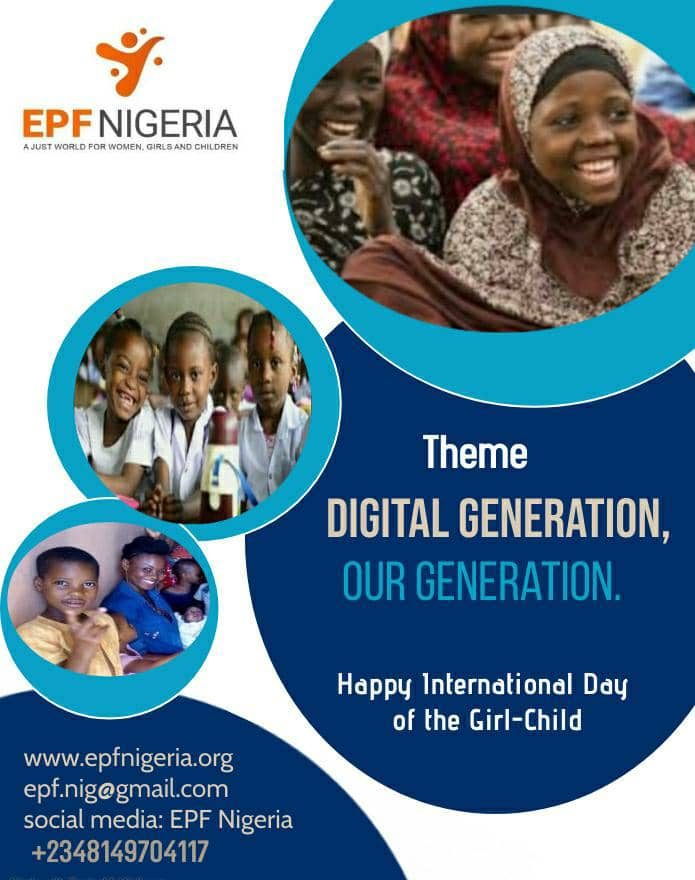
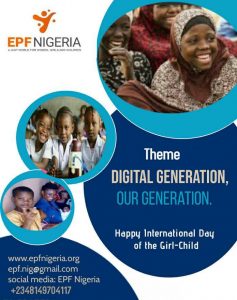 Globally, there are so many factors working against the girl child at the moment especially in the developing countries. Statistically, it is recorded that millions of illiterate girls who never enrolled in schools or dropped out of schools due to poverty, early marriage, and pregnancy have little hope to be part of the digital generation.
Globally, there are so many factors working against the girl child at the moment especially in the developing countries. Statistically, it is recorded that millions of illiterate girls who never enrolled in schools or dropped out of schools due to poverty, early marriage, and pregnancy have little hope to be part of the digital generation.